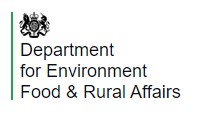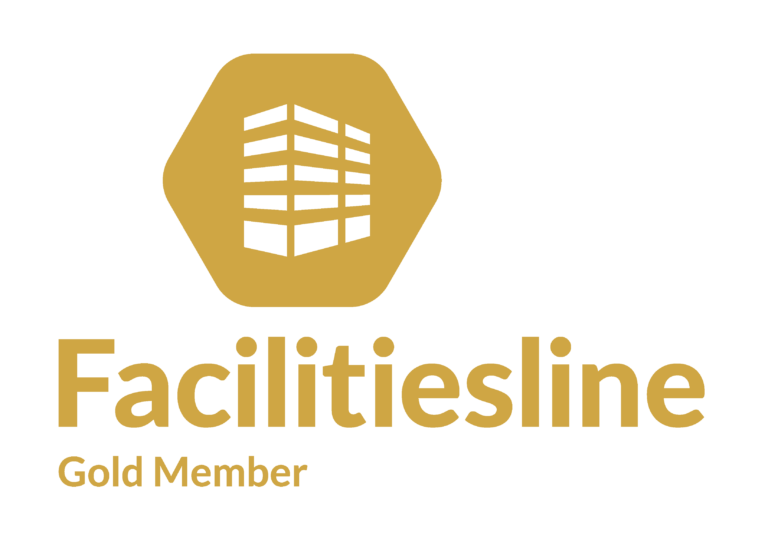Proper waste management is crucial for promoting public health and protecting the environment. In recent years, there has been a growing focus on sustainable waste management practices that minimize waste generation and prioritize recycling and reuse. In this blog post, we will explore the benefits of sustainable waste management for public health and discuss some of the best practices for achieving it.
Benefits of Sustainable Waste Management for Public Health
Reduced Air and Water Pollution
Sustainable waste management practices, such as recycling and waste-to-energy technologies, can significantly reduce air and water pollution. This can lead to a decrease in respiratory and cardiovascular diseases, as well as waterborne illnesses.
Prevention of Contamination
Proper waste management practices prevent the contamination of soil, water, and air. This, in turn, reduces the risk of exposure to toxic substances, which can cause severe health issues, including cancer.
Reduced Risk of Vector-Borne Diseases
Poor waste management practices can create breeding sites for mosquitoes and other disease-carrying vectors. Sustainable waste management practices, such as proper waste disposal and effective vector control, can reduce the risk of vector-borne diseases.
Improved Occupational Health
Workers in the waste management industry are at a higher risk of injury and illness due to exposure to hazardous waste and improper waste handling. Sustainable waste management practices, such as the use of personal protective equipment and training on proper waste handling, can improve the occupational health of workers.
Best Practices for Sustainable Waste Management
Reduce Waste Generation
The best way to achieve sustainable waste management is to reduce the amount of waste generated. This can be achieved by implementing waste reduction programs, such as composting and source reduction.
Prioritise Recycling
Recycling is a crucial component of sustainable waste management. By recycling, we can reduce the amount of waste sent to landfills and promote resource conservation.
Utilise Waste-to-Energy Technologies
Waste-to-energy technologies, such as incineration and anaerobic digestion, can provide a sustainable solution for waste management while generating renewable energy.
Proper Disposal of Hazardous Waste
Hazardous waste, such as chemicals and medical waste, requires proper disposal to prevent contamination and exposure to toxic substances.
Sustainable waste management practices play a significant role in protecting public health and the environment. At UKFMC Waste Management Services, we prioritise sustainable waste management practices that minimise waste generation, prioritise recycling, and utilize waste-to-energy technologies. By implementing best practices for sustainable waste management, we can reduce the risk of air and water pollution, prevent contamination, and promote public health and well-being.
We hope this blog post helps to highlight the importance of sustainable waste management practices for public health and provides some useful information on how UKFMC can contribute to this effort.







